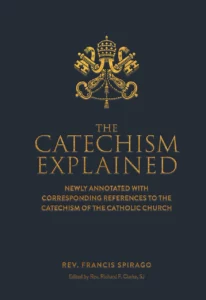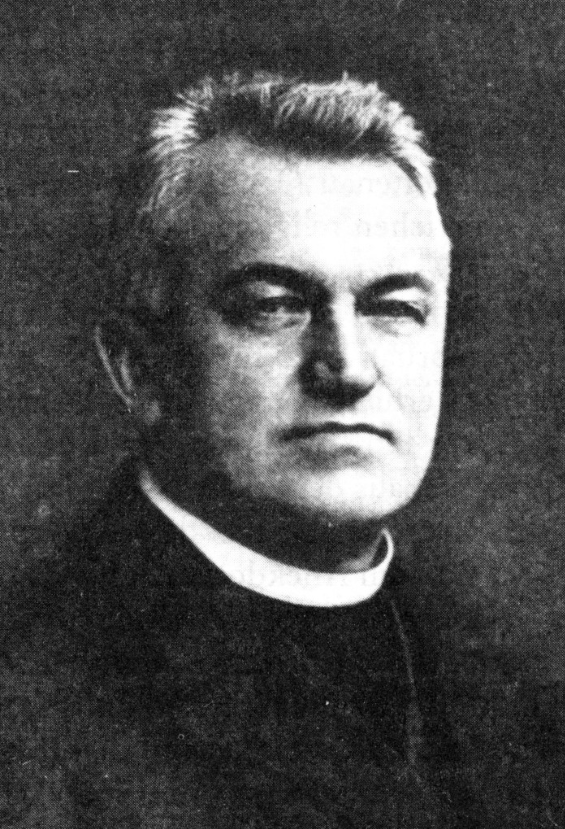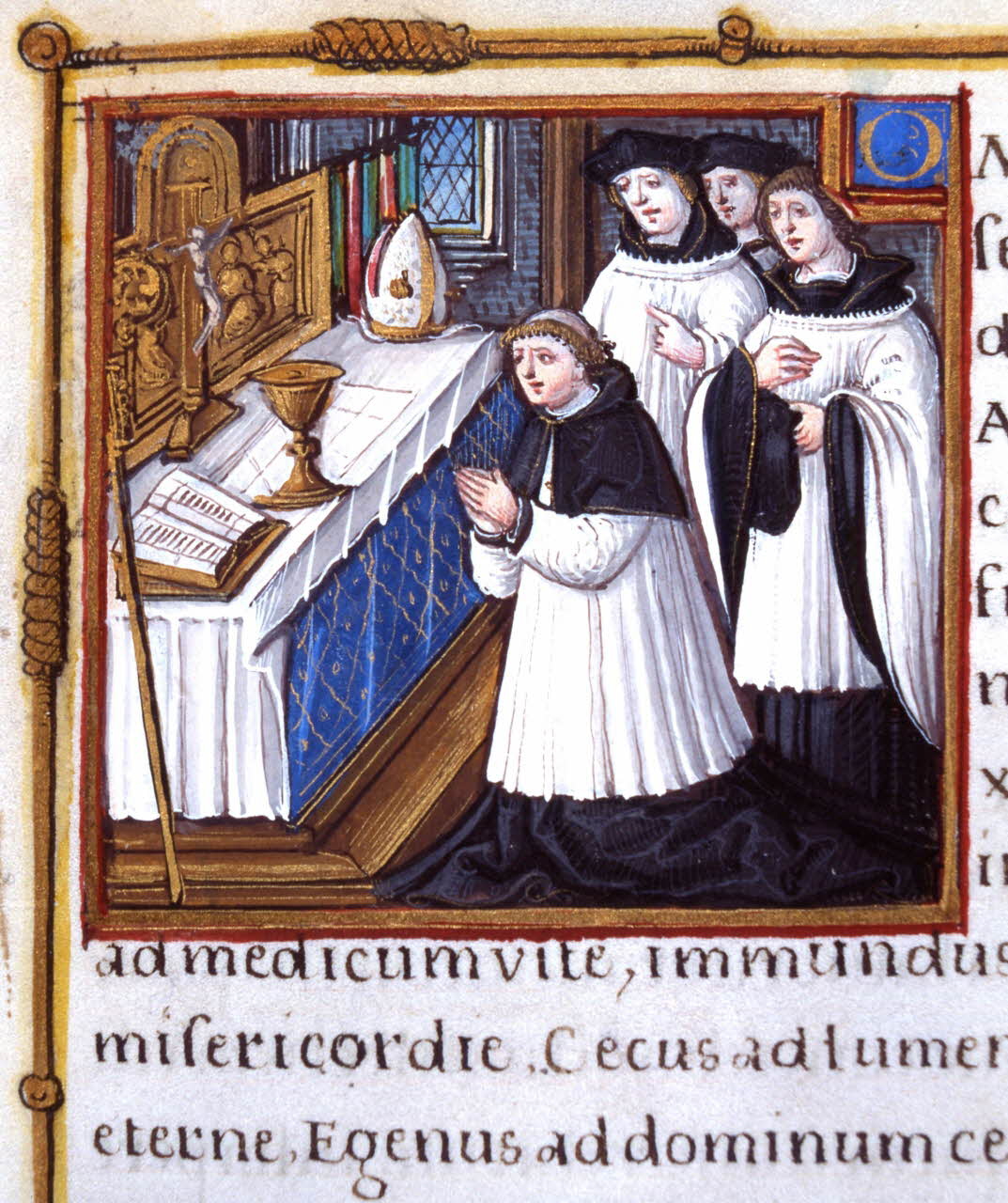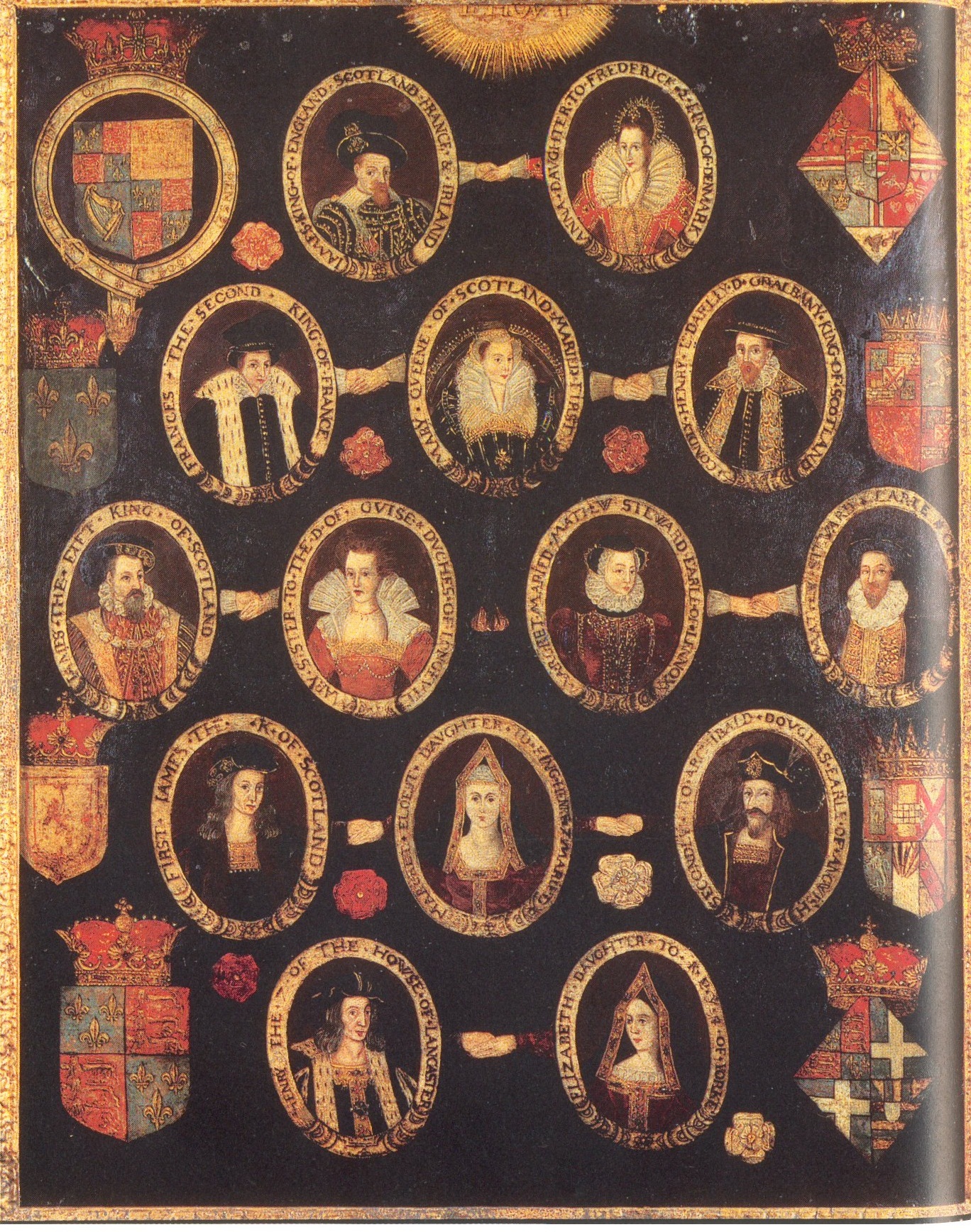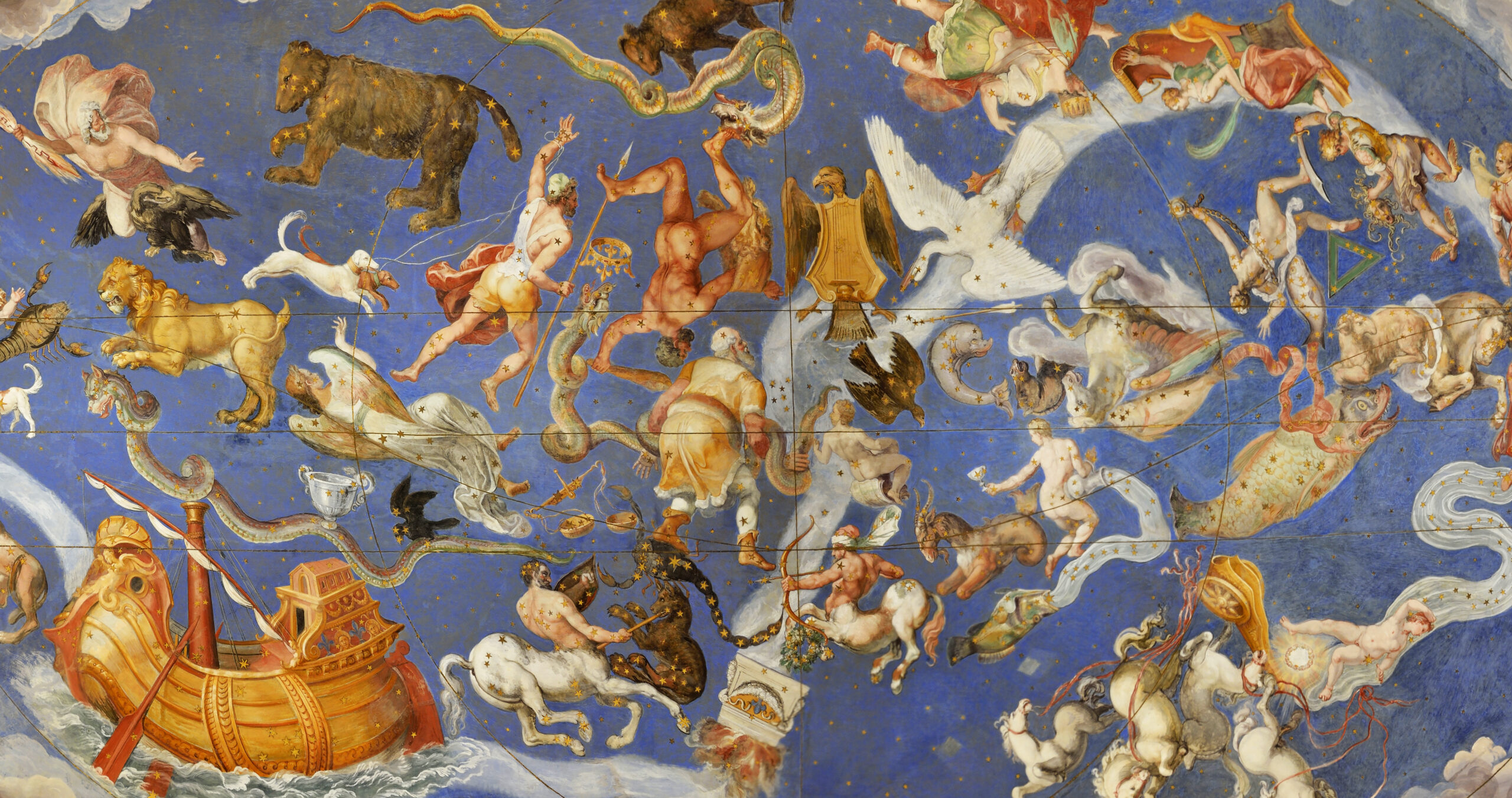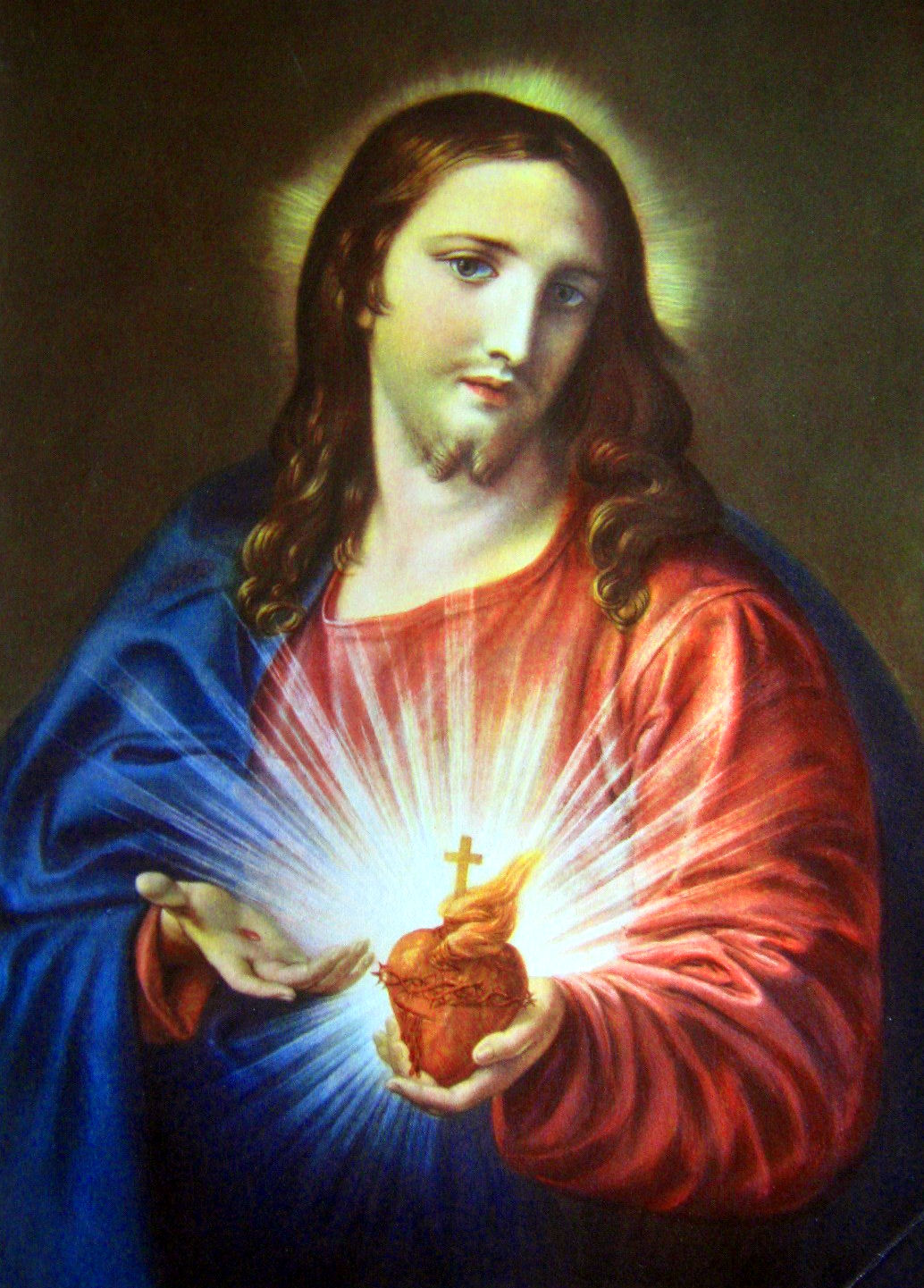Faith is a gift of God, since the power to believe can only be attained through the grace of God.
St. Paul tells us “By grace you are saved through faith, and that not of yourselves. It is the gift of God” (Eph. 2:8). And Our Lord says, “No man can come to Me, unless it be given to him by My Father” (John 6:66). God gives us the gift of faith in Baptism; hence Baptism is called “the sacrament of faith.” Until the newly baptized child comes to the use of reason, he cannot use this power of believing, or make an act of faith. He is like a child who is asleep, who has the faculty of sight, but cannot use it until he opens his eyes. Then he can see the objects around him under the influence of the light. So the child who attains to reason is able to believe the truths of religion under the influence of the grace of God.
God bestows the knowledge of the truth and the gift of faith chiefly on those who (1), strive after it with earnestness and perseverance; (2), live a God-fearing life; (3), pray that they may find the truth.
An earnest desire after truth is a sure means of attaining to it, for Our Lord has said that “Those who hunger and thirst after justice shall have their fill” (Matt. 5:6). And again God says through the mouth of the prophet, “You shall find Me when you seek Me with your whole heart” (Jer. 29: 13). The Roman philosopher Justinus was an instance of the fulfilment of this promise, for God rewarded his earnest desire for truth by causing him to fall in with an old man on the banks of the Tiber, who instructed him in the truths of the Christian faith. A life in accordance with the law of God will also obtain the grace of faith. “If any one shall do the will of God, he shall know of the doctrine” (John 7:17). To such a one God will give an interior light, or will send some one to instruct him, as He did to Cornelius (Acts 10:30 seq.). So Cardinal Newman prayed for long years for the “kindly light” which at last brought him to the door of the Catholic Church and the same was the case with countless other converts from Protestantism. Sometimes God in His mercy gives the gift of faith even to the enemies of the Church, as He did to St. Paul, but it is for the most part to those who are in good faith in their errors.
When God bestows upon a man the gift of faith, He either employs one of the ordinary means of grace, such as preaching, or in some cases an extraordinary means, such as a miracle.
The ordinary means are preaching, reading, and personal instruction. St. Augustine was converted by the preaching of St. Ambrose in the Cathedral of Milan, St. Ignatius of Loyola by reading the lives of the saints, the Ethiopian eunuch by his conversation with St. Philip. Extraordinary means are those of which we find many at the beginning of the Christian era; such as the star that the Magi followed, the light that shone upon St. Paul on his journey to Damascus and the voice that he heard from heaven; the great cross that the Emperor Constantine saw in the sky, with the words “In hoc signo vinces;” the vision of Our Lady that Ratisbonne saw in the Church of St. Andrea in Rome in the year 1842. So the heathen boy Theophilus was converted by the roses that fell at his feet in the month of January, after the martyrdom of his playmate Dorothea (a.d. 308).
Many men fail to attain to the Christian faith through pride, self-will, and an unwillingness to give up the indulgence of their passions.
It is the lack of good will that debars many from the faith. Our Lord is the true light that enlighteneth every man that comes into the world (John 1:9). It is the will of God that all men should come to the truth. Men too often shut their eyes to the light, because they are unwilling to change their evil life; “they love darkness rather than light, because their deeds are evil” (John 3:19). Pride is also a fatal hindrance to faith. God loves to make use of simple means to bring men to the knowledge of the truth, and this the proud resent, just as Naaman resented Elisha’ advice to go and wash in the Jordan. So Christ was rejected and despised by the Jews, and especially by the Scribes and Pharisees, because He was born of poor parents and lived in a town that was held in contempt: “Can any good thing come out of Nazareth?” (John 1:46). So the upper class at Rome were unwilling to receive the truth from a nation that was despised by them, and from men who were in general very deficient in culture or position. So, too, in the present day God allows His Church to be oppressed and persecuted and looked down upon. Hence there is no miracle at which the proud do not scoff. God hides the secrets of His providence from the proud, and more than this, He positively resists them (1 Pet. 5:5).
This article is taken from a chapter in The Catechism Explained by Rev. Francis Spirago, which is available from TAN Books.
